|
Advertisement
|
Qelat

Description
"Mancala variants are often played in the Keren-Agordat area of western Eritrea. Most players are herdsman taking their cattle to water, newly married couples and their friends, and housewives in their homes. Qelat is usually played in holes in the ground, but wooden boards are also known. The following game was observed by Richard Pankhurst in 1971 who called it Qelat II (Game 5). It might be related to Um el Banat ("game of women"), a mancala game to be found in northern Sudan. Rules: Qelat is played on a two-row board with six playing holes per row called bét in Bilén (literally "house") and two larger holes at the end of the board to store captured balls. Initially there are four balls in each bét. The balls are called til in Bilén, if they are dry goat droppings or shesher, if they are small stones. The balls are always sown one by one in an anti-clockwise direction. If the last ball falls into a non-empty hole, its contents including the last dropped ball are picked up and continued to be distributed into the following holes. The move ends when the last seed falls into an empty hole. The players try to capture enemy holes by increasing their contents to four with the last sown ball in any hand. Captured holes are known as ekwarna, literally "a child is born to me". A move may not start from an ekwarna with the result that balls would tend to accumulate in such holes. A player dropping the last ball in any hand into one of his own ekwarna might say lagadi yekura, literally "grow up my children!". When the last ball falls into an ekwarna captured by his opponent he would "eat" (qunna in Bilén) one of the counters in that hole, and put it, together with the ball effecting this capture, aside as his takings. A player's ownership of an ekwarna continues even if it becomes empty. Thus balls subsequently entering such a hole, belong to the player who had captured it, while his opponent on dropping the last counter of any lap there would put this counter aside as his takings. It is not permitted to pass as long as a player has a legal move. The round comes to an end when all the balls are captured either by being put aside or accumulated in ekwarna. The players then count out their total earnings by placing them back in their holes, four counters per hole. Pankhurst reported:
Eventually, the player who gains a monopoly of all the balls and hence of all twelve holes is declared winner. Game DiscussionsAdd CommentYou need to be logged in to comment. Insert Bullet List Please enter at least one item. Item: Item: Item: Item: Item: Insert Numeric List Please enter at least one item. Item: Item: Item: Item: Item: Insert Link Please enter the link of the website Optionally you can add display text Insert Email Please enter the email address Optionally add any display text Insert Image Please enter the link of the image Insert YouTube Video Please enter the link of the video MarketplaceNo listings at the moment. Do you own this game? Click here to list it for sale.
|
Best Sellers
Board Games
|
||||
Latest Searches: Transformers rescue bot hovercraft | Hungry higgs | black series star wars | Mineral wells o poly | galactic imperium | beat the border | grey´s anatomy | five little nigger boys fünf kleine niggerjungen | emergency medical services board games | Kingsportoppoly | SOS+Titanic | food+chain+magnate | Domino set | kingdomino | Lake of the ozark monopoly | Mensch ärgere | TRANSFORMERS STUDIO SERIES 34 | THE US CIVIL WAR | nerf overwatch soldier: 76 rival blaster | little mermaid monopoly | free+board+games | Cara+dune+black+series | fourth street football | james+b | wooden | Big+brain+academy+board+game | pick a pig | large print sequence board | cooking+up+sentences+game | Keyforge
All Rights Reserved

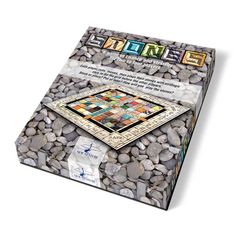
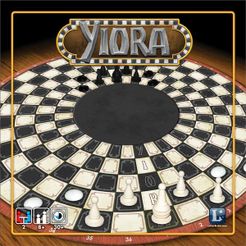
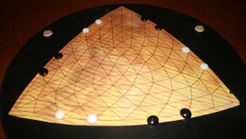
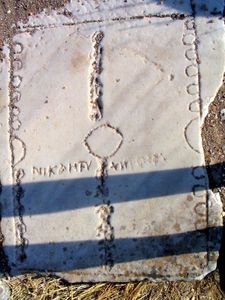
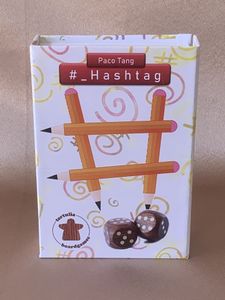
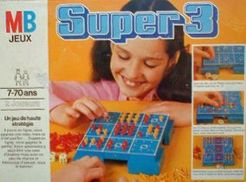
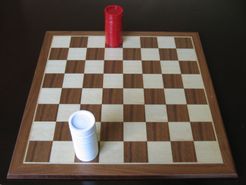
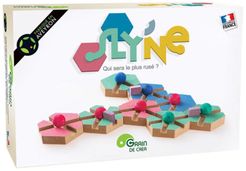

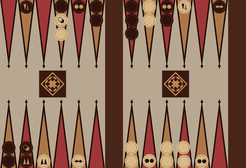
Comments (0)